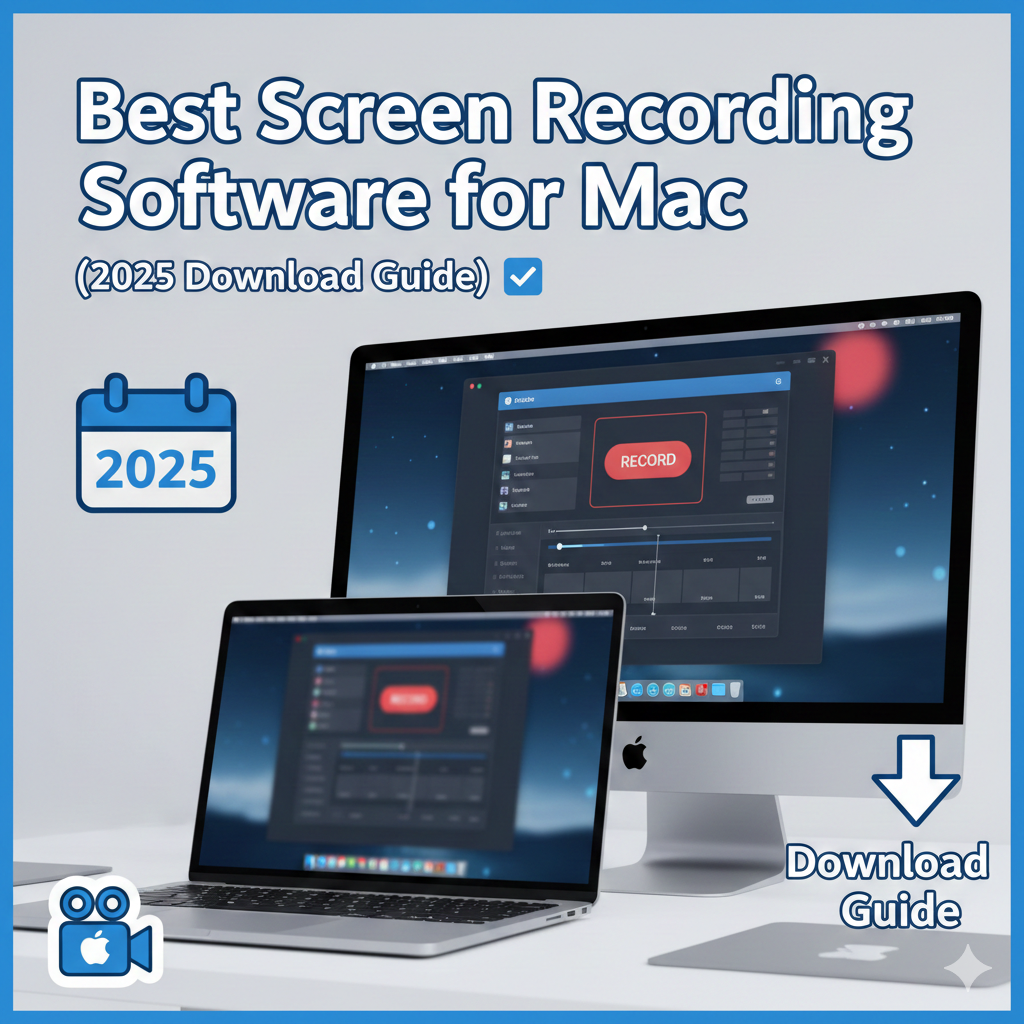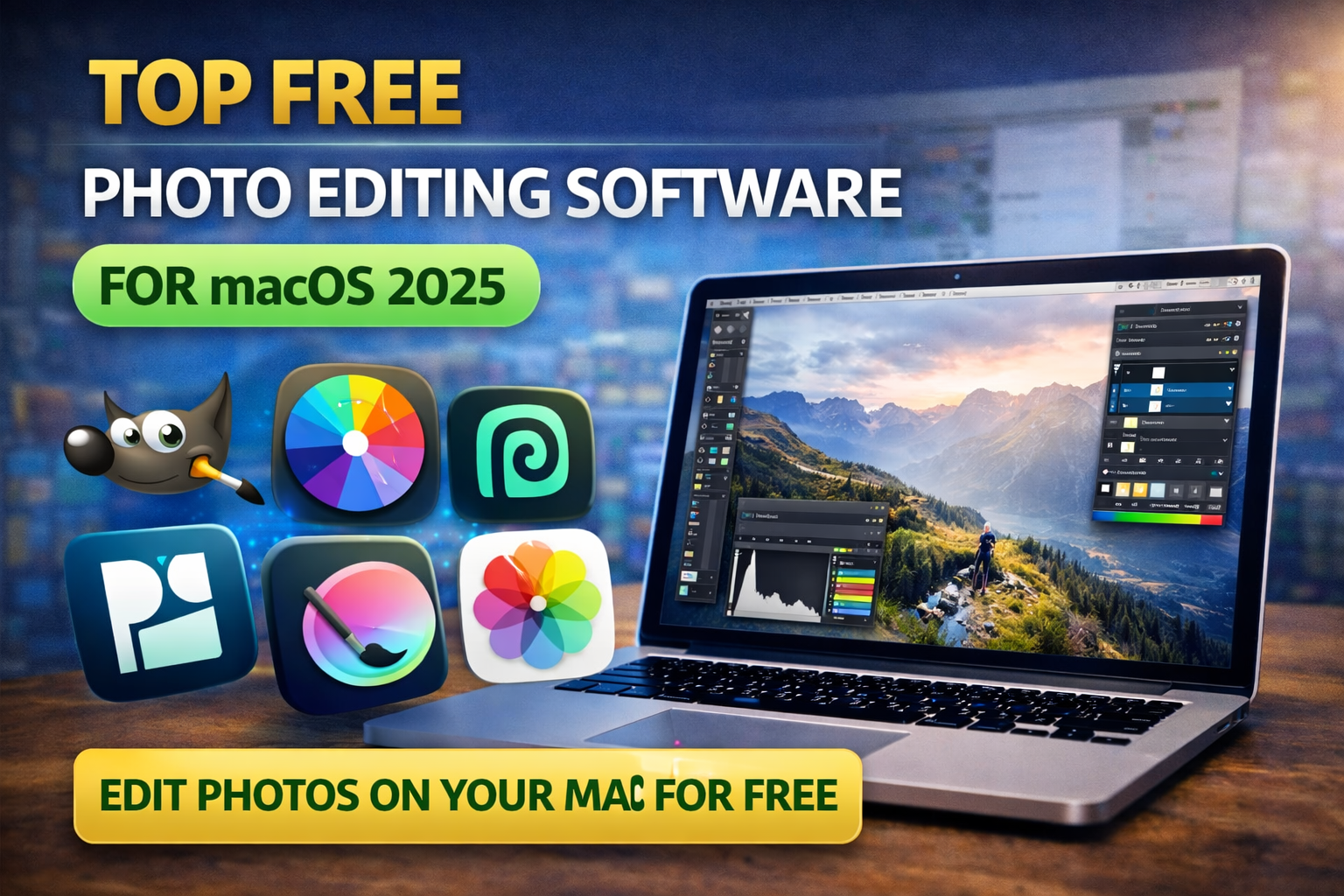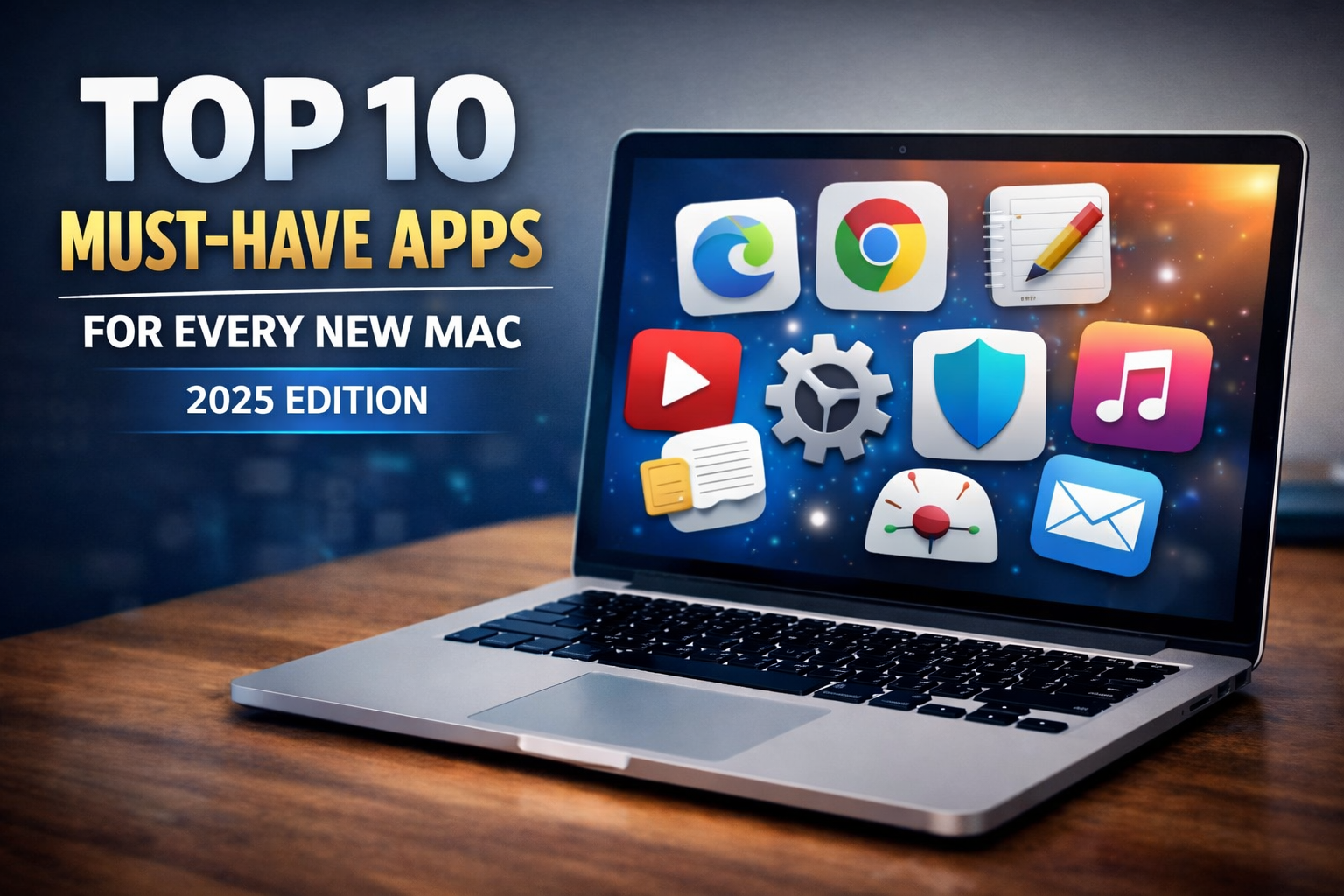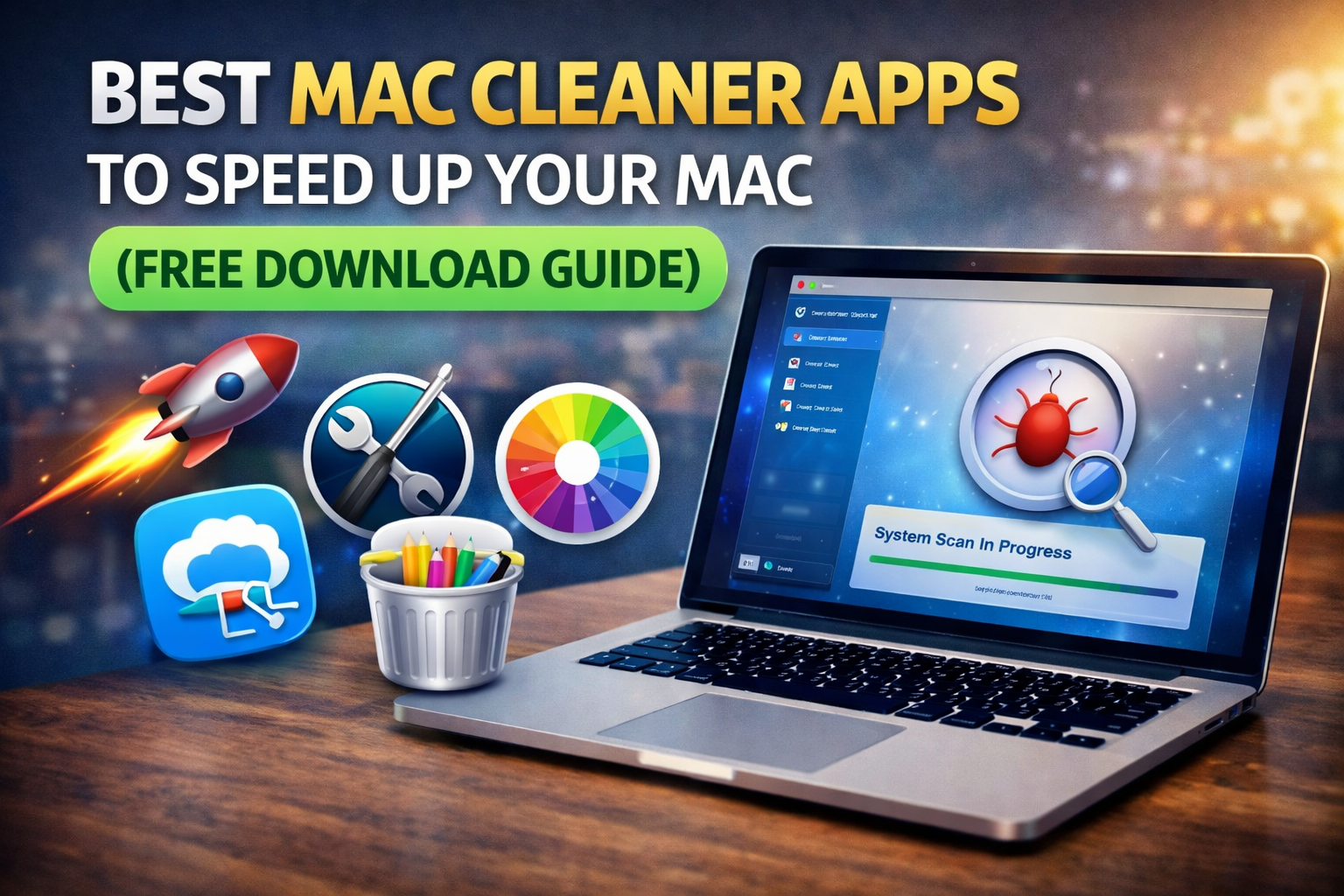

Additional Information
Bootable live USB creator for Ubuntu, Fedora, and Linux distributions
| Version | UNetbootin 7.02 |
| Requirements |
Mac OS X 10.6 or later |
| Updated | June 25, 2023 |
| Author | Geza Kovacs |
| Category | Cleaning and Tweaking |
| License | Open Source |
| Language | English |
| Download | 239 |
Overview
UNetbootin for Mac allows you to create bootable Live USB drives for Ubuntu and other Linux distributions without burning a CD. You can either let UNetbootin download one of the many distributions supported out-of-the-box for you, or supply your own Linux .iso file.
UNetbootin for macOS can create a bootable Live USB drive. It loads distributions either by downloading an ISO (CD image) files for you or by using an ISO file you've already downloaded.
Select an ISO file or a distribution to download, select a target drive (USB Drive or Hard Disk), then reboot once done. If your USB drive doesn't show up, reformat it as FAT32.
If you used the "USB Drive" install mode: After rebooting, boot from the USB drive. On Macs, this usually involves pressing a button such as Esc or F12 immediately after you turn on your computer, while on Macs, you should hold the Option key before OSX boots.
If you used the "Hard Disk" install mode: After rebooting, select the entry from the Mac Boot Menu. Download and run UNetbootin, then select the "disk image" option and supply it with an ISO (CD image).
UNetbootin for macOS can create a bootable Live USB drive. It loads distributions either by downloading an ISO (CD image) files for you or by using an ISO file you've already downloaded.
Select an ISO file or a distribution to download, select a target drive (USB Drive or Hard Disk), then reboot once done. If your USB drive doesn't show up, reformat it as FAT32.
If you used the "USB Drive" install mode: After rebooting, boot from the USB drive. On Macs, this usually involves pressing a button such as Esc or F12 immediately after you turn on your computer, while on Macs, you should hold the Option key before OSX boots.
If you used the "Hard Disk" install mode: After rebooting, select the entry from the Mac Boot Menu. Download and run UNetbootin, then select the "disk image" option and supply it with an ISO (CD image).










No comments yet. Be the first to comment!